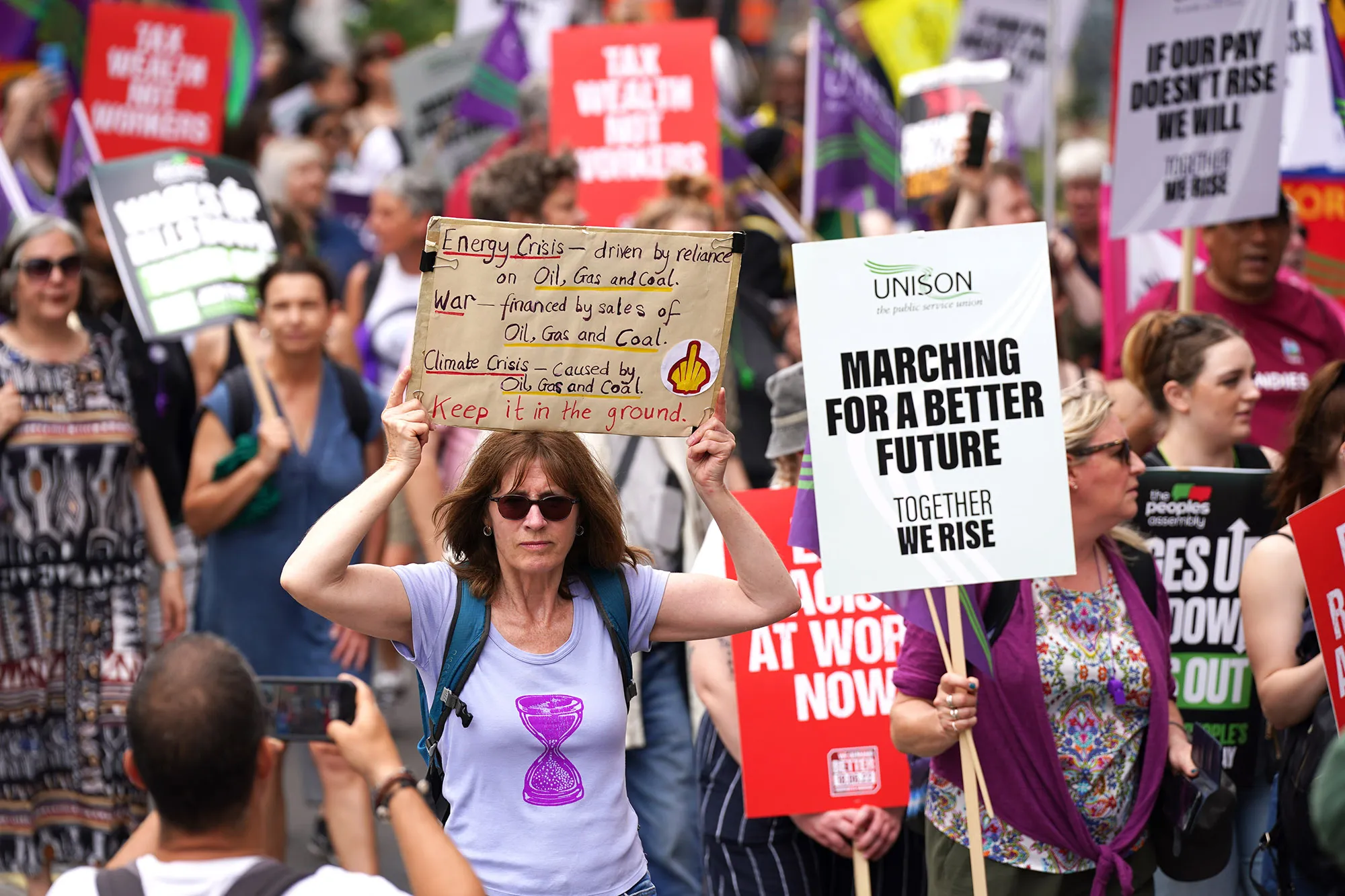News
Government Faces Pressure Over Rising Living Costs
The government is facing growing pressure from the public and opposition leaders as rising living costs continue to impact households nationwide.

The government is under growing pressure as the growing cost of living continues to affect millions of homes across the country. Families find it challenging to maintain their financial stability as a result of the significant increases in essential costs over the past year, which range from housing and healthcare to food and fuel. As public discontent rises, political leaders and economists are calling for quick and decisive action to lessen the burden on citizens.
The cost of everyday goods and services has gone up due to inflation, which is the main cause of the issue. The dramatic rise in grocery costs is forcing families to cut back on non-essential spending. The cost of transportation has also gone up due to rising fuel prices, which has raised the cost of employee commute and distribution for businesses. These extra expenses are being passed on to customers, which is making the cycle of price hikes worse.
These days, housing is one of the biggest problems facing Americans. Rising mortgage rates and rent increases in major cities are making it increasingly difficult for low-income families and young professionals to acquire homeowners. Many renters today spend more than half of their monthly salary on housing, leaving little money for savings or emergencies. Advocacy groups are urging the government to implement stronger rent restrictions and expand affordable housing projects.
Energy prices have also had a significant effect on household budgets. Because gas, electricity, and heating costs are still high, families are having to make difficult decisions about their daily usage. While some have responded by reducing their consumption, others are having trouble paying their utility bills on time. Ideas like temporary energy subsidies, fuel tax exemptions, and increased financing for renewable energy are examples of potential solutions.
Small and medium-sized businesses are equally affected by the rising cost of operations. Due to declining profit margins brought on by growing labor, transportation, and raw material expenses, many business owners have been forced to boost their prices. Some have been compelled to reduce staff or shut down entirely. Business associations are calling on the government to lower taxes, provide low-interest loans, and provide financial support to help businesses weather the current economic storm.
Political opposition organizations have taken advantage of the growing dissatisfaction by criticizing the government's economic management. They argue that poor planning, wasted spending, and slow policy implementation have made the effects of inflation worse. Several opposition leaders have proposed alternative economic strategies to stabilize prices, including reducing government spending, increasing domestic production, and strengthening trade agreements.
Meanwhile, government officials have defended their actions by saying that the global economy, supply chain disruptions, and geopolitical concerns are the primary reasons for rising costs. They emphasize that similar problems are being faced by several countries around the world. However, they also acknowledge that more targeted measures are required to protect the most vulnerable communities.
Some of the novel solutions to the issue include increasing tax credits for low-income families, expanding income assistance programs, improving public transportation, and promoting local food production to lessen dependency on imports. Economists estimate that a combination of short-term relief initiatives and long-term investment plans would be needed to lower living expenditures in a sustainable way.
Public protests and lobbying initiatives have started to gain traction in several places. People expect more accountability, transparency, and speed from their leaders. The cost-of-living dilemma is not only an economic issue but also a social and political one that could impact next elections and policy decisions.
In the next weeks, as the government continues to come under mounting criticism, how successfully leaders respond to this situation will be decided. Many families' quality of life, financial security, and long-term well-being will be directly impacted by these decisions.
PUBLISHED: November 25, 2025

Jeffrey E. Byrd connects the dots that most people don't even see on the same map. As the founder of Financial-Journal, his reporting focuses on the powerful currents of technology and geopolitics that are quietly reshaping global systems, influence, and power structures.
His work follows the hidden pipelines—where data, defense, finance, and emerging technology intersect. He highlights the players who move behind the curtain: governments, intelligence networks, private security alliances, and digital industries shaping tomorrow's geopolitical terrain.
Jeffrey’s mission is to give readers clarity in a world where complexity is used as strategy.
Read More




